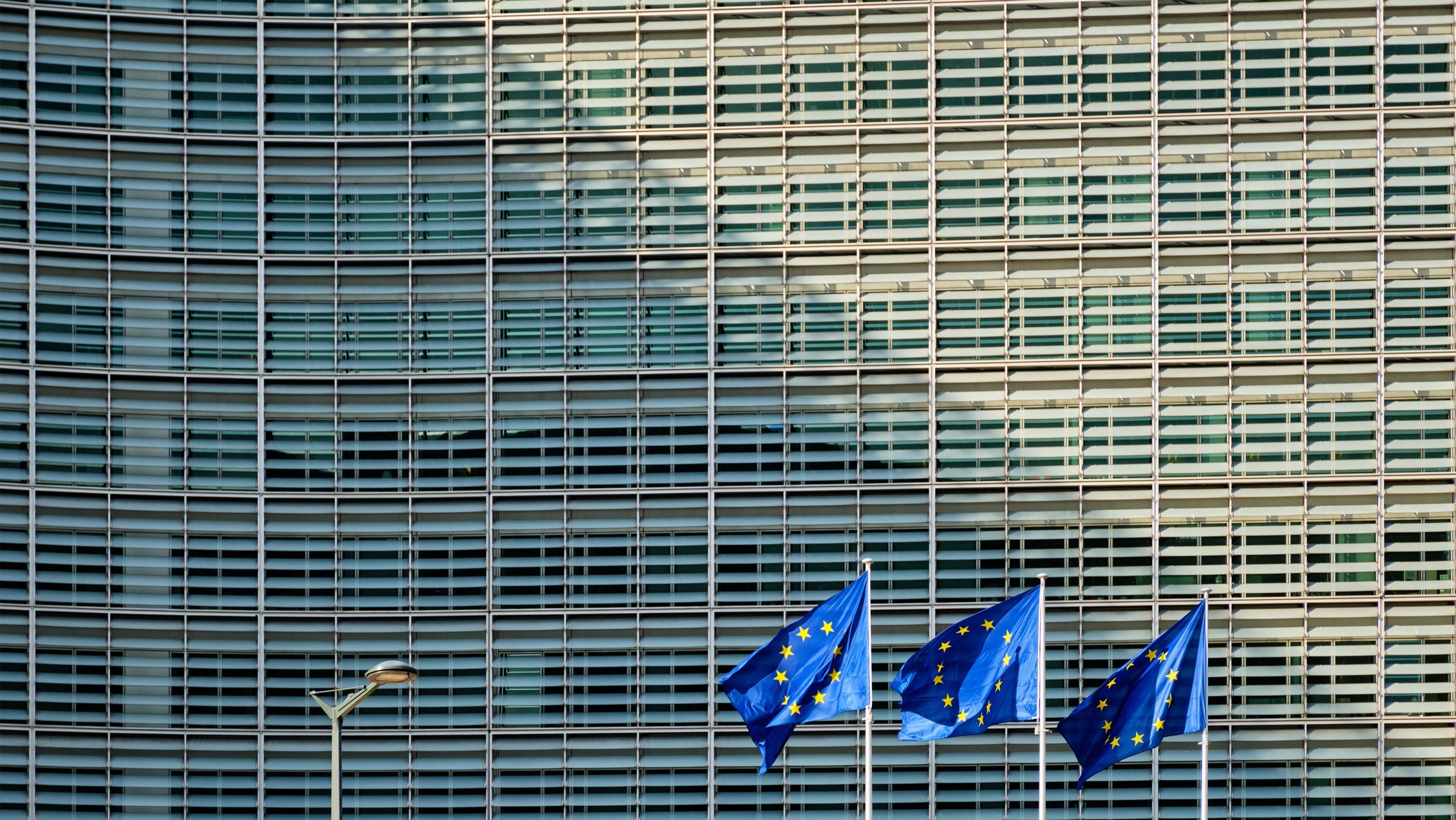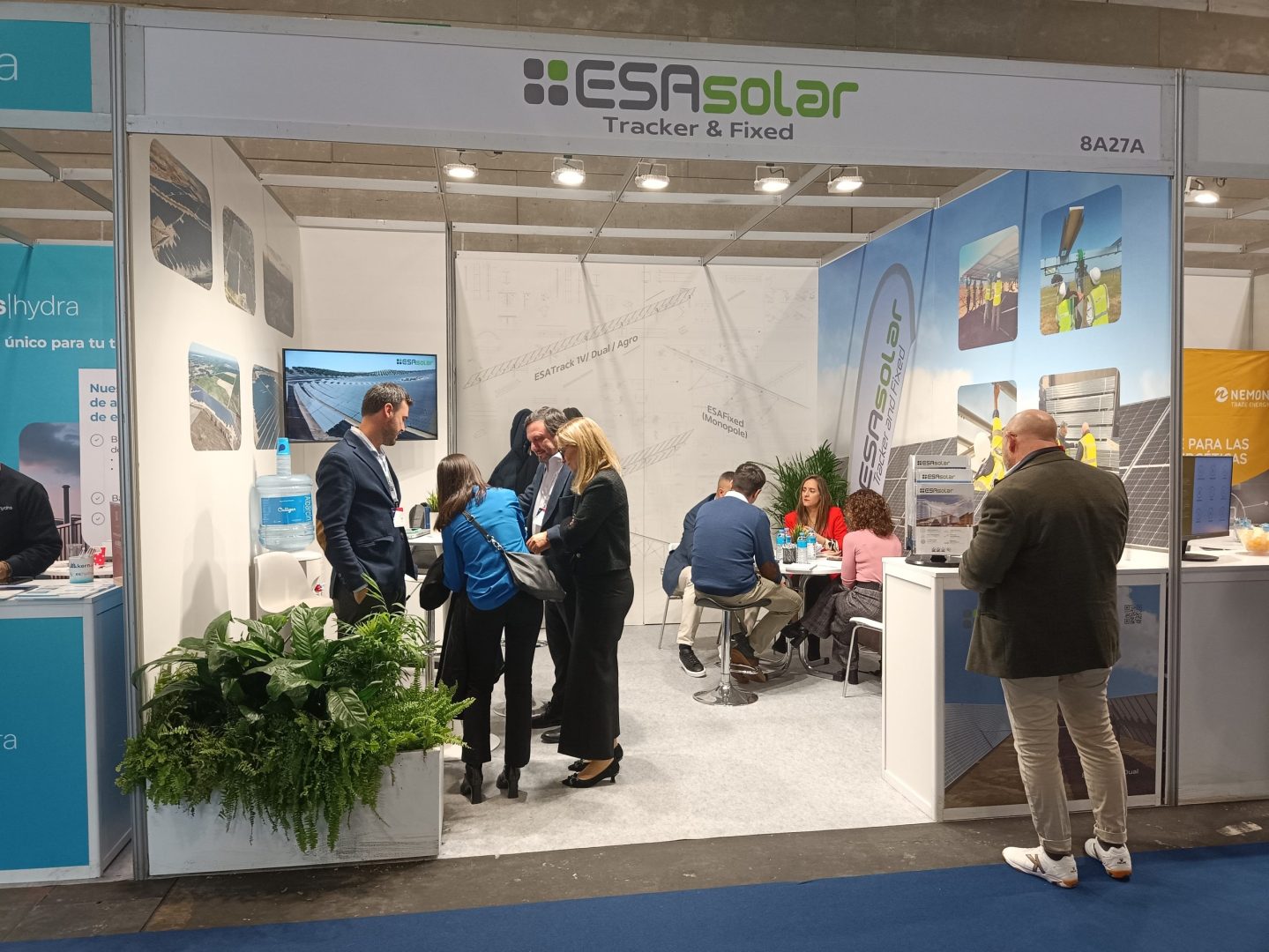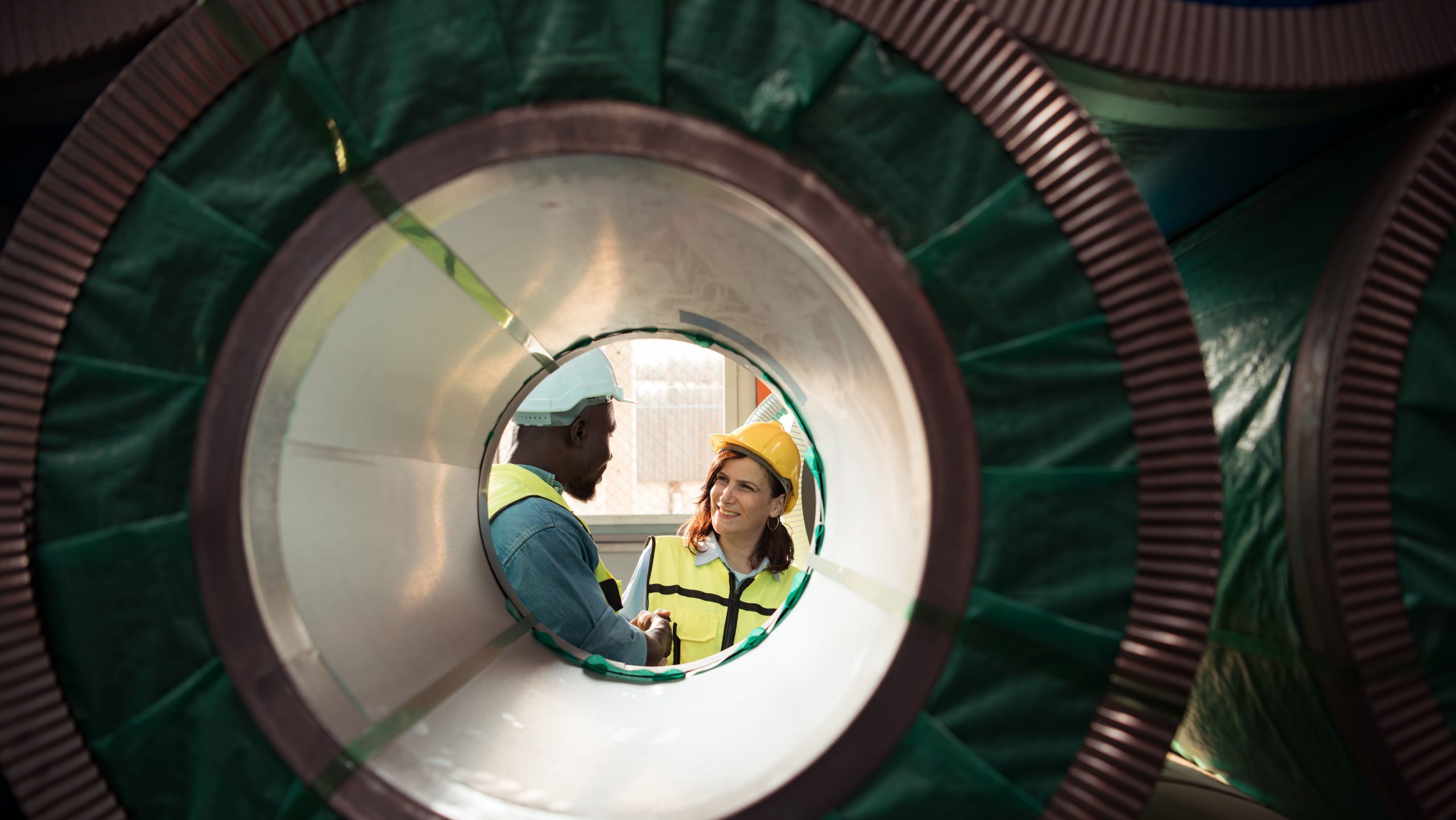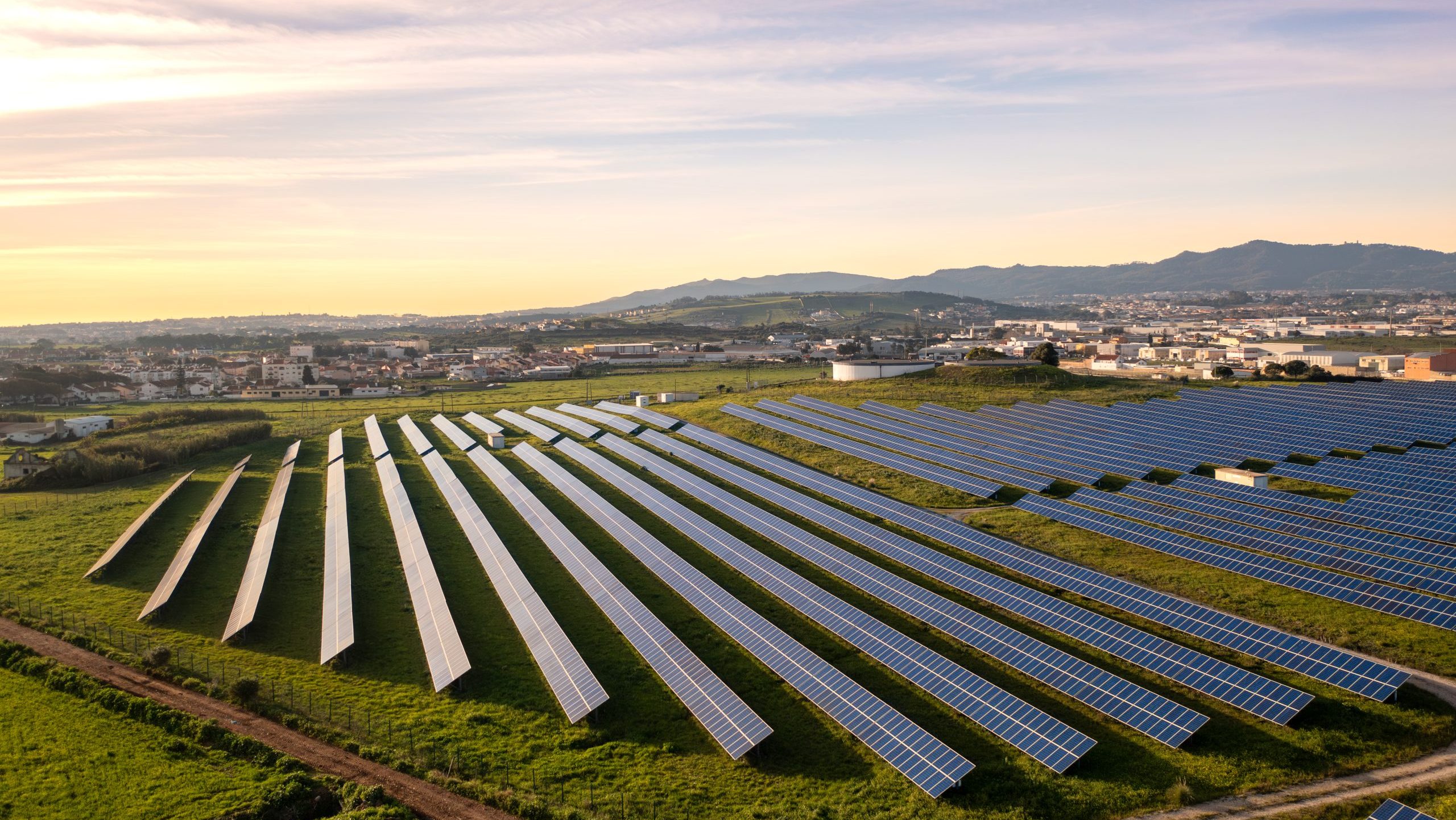The European elections on June 9, 2024, have marked a significant milestone for the photovoltaic industry. The results reflect the continuity of the European Green Deal, which is expected to maintain the renewed commitment to energy transition and sustainable development. At ESAsolar, we explore the expectations and opportunities for the photovoltaic sector in the post-election context.
Commitment to Renewable Energy
The European Parliament has shown increasing support for sustainable environmental and energy policies. With a majority of MEPs committed to the green agenda, the European Union is expected to maintain its climate objectives. Specifically, it has been proposed to increase the share of renewable energy in the energy mix to 42.5% by 2030, representing a significant opportunity for the expansion of solar photovoltaic energy. However, the pace of established priorities might relatively slow down to promote energy sovereignty.
Increase in Investments and Funding
European funds allocated for the energy transition, such as the Recovery and Resilience Facility and REPowerEU, could be extended beyond 2027 in the new multiannual financial framework. These funds, which already allocate millions of euros to clean energy projects, have supported photovoltaic projects of all types, from large-scale projects to self-consumption and energy community projects. Private investors are also showing increasing interest in the photovoltaic sector. In fact, the ‘World Energy Report 2024’ by the International Energy Agency reveals that total global investment in energy could surpass 3 trillion dollars for the first time this year.
Innovation, Technological Development, and Employment
The photovoltaic industry will benefit from an environment that fosters innovation. The election results suggest support for research and development in advanced solar technologies, such as bifacial panels, trackers, and energy storage solutions. Additionally, the digitalization of the sector, with the use of artificial intelligence and the Internet of Things (IoT) to optimize the performance of solar installations, will be a priority in the growing electrification of multiple industries.
This digitalization will also create jobs. The expansion of photovoltaic energy is estimated to generate new jobs in Europe, from the manufacturing and maintenance of structures and solar panels, storage, and waste management, to research and development. This will contribute to a greener and more sustainable economic recovery.
Challenges and Considerations
Despite the optimism, the photovoltaic industry faces significant challenges that we cannot overlook: the availability of critical raw materials; the need for a modern and efficient electrical grid to effectively integrate solar energy into the European energy system; storage to make this energy source a manageable resource and to utilize overproduction capacity; the implementation of taxes on renewables in some regions, such as Aragón in Spain.
Moreover, we must consider the strength of energies included in the green taxonomy, such as nuclear, especially in countries like France, which pose a challenge for other technologies like photovoltaics. Additionally, it is crucial to promote the circularity of photovoltaics to manage the waste generated by the sector.
In summary, the results of the European elections on June 9 indicate a clear path towards a greener and more sustainable future for the European Union, as the European Green Deal would be reaffirmed. The potential slowdown to favor energy sovereignty, while technologies and storage capacity are developed, presents an opportunity to invest in innovation and talent within the sector.
The photovoltaic industry is well-positioned to seize the opportunities arising from this new political landscape, making collaboration between governments, companies, and citizens essential to ensure a sustainable future for all.







